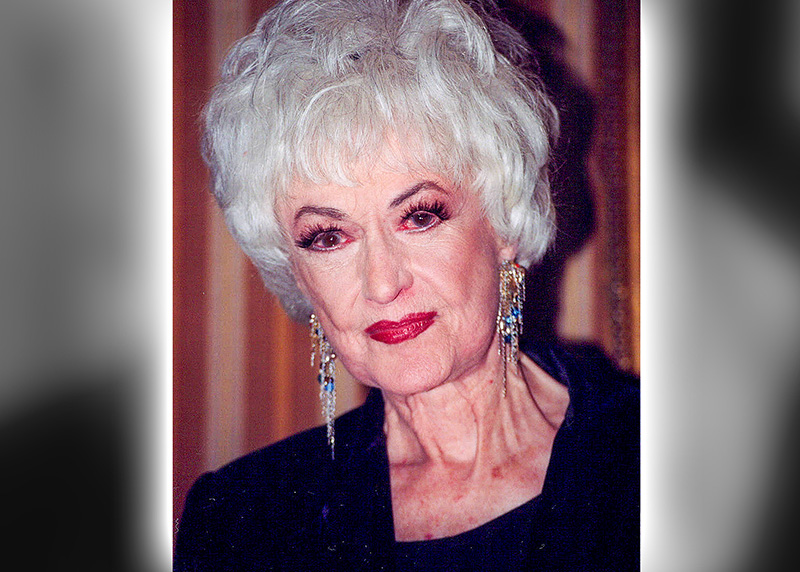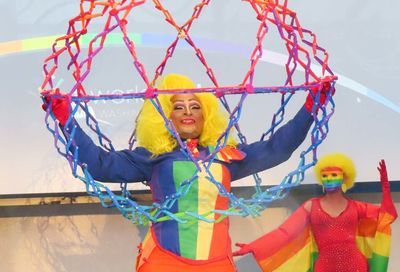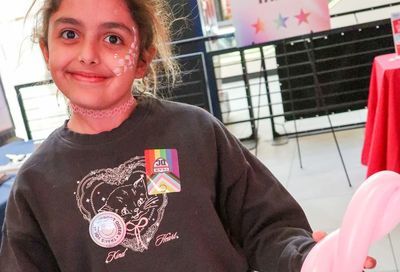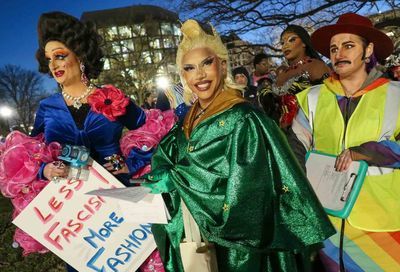Federal appeals court denies opportunity to weigh in on LGBTQ workplace protection case
Eleventh Circuit Court decided they would not question whether LGBTQ workers should have employment protections

A Federal Appeals Court in Georgia has voted against hearing an LGBTQ workplace discrimination case.
The U.S. Court of Appeals for the Eleventh Circuit voted in a 9-2 ruling last Tuesday to decline to hear the case of Gerald Lynn Bostock, who sued Clayton County, Georgia.
Bostock claims he was fired in 2013 after 13 years as a child welfare services coordinator because he revealed his sexuality. When the Clayton County Juvenile Court system ruled in favor of the County, Bostock and his legal team took the case to the Court of Appeals.
The two dissenting judges, Robin Rosenbaum and Jill Pryor, said that the case is “indisputably” worthy of being heard by the court.
“I continue to firmly believe that Title VII prohibits discrimination against gay and lesbian individuals because they fail to conform to their employers’ views when it comes to whom they should love,” Rosenbaum wrote. “Particularly considering the amount of the public affected by this issue, the legitimacy of the law demands we explain ourselves.”
She added: “I cannot explain why a majority of our court is content to rely on the precedential equivalent of an Edsel with a missing engine, when it comes to an issue that affects so many people.”
The question of whether sexual orientation should be an accepted protection under Title VII of the Civil Rights Act has been raised several times across the United States, however, the U.S. Supreme Court has yet to rule on whether being LGBTQ is a protected class.
A petition for Bostock’s case to be heard by the Supreme Court has been filed and is one of two cases tackling LGBTQ empolyment protections, the other being Zarda v. Altitude Express,where the Second Circuit decided that Title VII was applicable to sexual orientation earlier this year.
Bostock’s attorney, Brian Sutherland said that the Supreme Court answering this question of workplace discrimination is an issue of “extraordinary importance, particularly in light of the split among the circuits.”
“The issue of whether Title VII protects gay and lesbian employees is extraordinarily important not only for Mr. Bostock, but for all the gay and lesbian people working to earn a living in this country,” Sutherland said in an email to Law.com’s Daily Report. “We certainly hope the Supreme Court will grant Mr. Bostock’s petition and answer this important question that the Eleventh Circuit declined again to consider.”
This is not the first time the Eleventh Circuit has denied a case relating to LGBTQ discrimination. They ruled in a previous case that a security guard at a Georgia Hospital was not protected by Title VII when she claimed she was discriminated against because of her sexual orientation and her nonconformity with gender norms. The case was rejected by the Supreme Court last December.
Support Metro Weekly’s Journalism
These are challenging times for news organizations. And yet it’s crucial we stay active and provide vital resources and information to both our local readers and the world. So won’t you please take a moment and consider supporting Metro Weekly with a membership? For as little as $5 a month, you can help ensure Metro Weekly magazine and MetroWeekly.com remain free, viable resources as we provide the best, most diverse, culturally-resonant LGBTQ coverage in both the D.C. region and around the world. Memberships come with exclusive perks and discounts, your own personal digital delivery of each week’s magazine (and an archive), access to our Member's Lounge when it launches this fall, and exclusive members-only items like Metro Weekly Membership Mugs and Tote Bags! Check out all our membership levels here and please join us today!





















You must be logged in to post a comment.